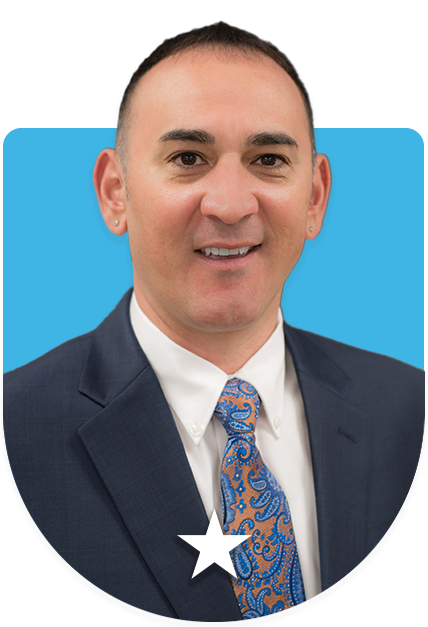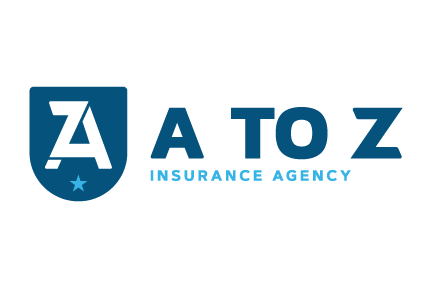Comprehensive Health Insurance for Your Peace of Mind
Health insurance is essential for protecting both your physical and financial well-being. With rising healthcare costs, having the right health insurance plan can mean the difference between manageable medical bills and overwhelming debt. Whether you’re selecting individual coverage or a family plan, understanding the different types of health insurance can help you make an informed decision.

What Is Health Insurance?
Health insurance provides coverage for medical expenses, including doctor visits, hospital stays, prescription medications, and preventive care. It can help reduce out-of-pocket costs and ensure you have access to necessary treatments when you need them.

Types of Health Insurance Plans
Health Maintenance Organization (HMO)
HMO plans require you to choose a primary care physician (PCP) and get referrals to see specialists. These plans often have lower premiums and out-of-pocket costs but offer less flexibility in choosing healthcare providers.
- Best for: Individuals and families seeking affordable premiums and comprehensive care.
- Advantages: Lower costs and coordinated care.
- Disadvantages: Must stay within the network for most care, and referrals are required to see specialists.
Preferred Provider Organization (PPO)
PPO plans offer more flexibility in choosing healthcare providers and don’t require referrals to see specialists. While they provide coverage both in and out of network, you’ll pay less for in-network services.
- Best for: Those who want more control over their healthcare choices without needing referrals.
- Advantages: More provider options and no referrals required.
- Disadvantages: Higher premiums and out-of-pocket costs compared to HMO plans.
Exclusive Provider Organization (EPO)
EPO plans are a hybrid of HMO and PPO plans. Like HMOs, they require you to stay within the network for coverage, but like PPOs, they don’t require referrals for specialists. These plans tend to have lower premiums than PPOs.
- Best for: People who prefer lower premiums but still want the flexibility to see specialists without referrals.
- Advantages: Lower premiums and no need for referrals.
- Disadvantages: No coverage for out-of-network providers, except in emergencies.
Point of Service (POS)
POS plans combine features of both HMO and PPO plans. You’ll need a referral from your PCP to see a specialist, but you can receive care from both in-network and out-of-network providers, though out-of-network care will cost more.
- Best for: Individuals who want the flexibility to see out-of-network providers but prefer coordinated care.
- Advantages: Flexibility and coordinated care.
- Disadvantages: Higher costs for out-of-network services and the need for referrals.

Key Considerations When Choosing Health Insurance
Monthly Premiums vs. Out-of-Pocket Costs
When selecting a health insurance plan, balance the monthly premiums with out-of-pocket costs like deductibles, copayments, and coinsurance. Higher premiums typically mean lower out-of-pocket costs, while lower premiums often come with higher deductibles.
Network of Providers
Each plan has a network of doctors, hospitals, and other healthcare providers. Check whether your preferred providers are in-network to avoid higher out-of-pocket expenses. If you have a specific doctor or healthcare facility you want to continue seeing, a PPO plan may offer the most flexibility.
Prescription Drug Coverage
If you take regular medications, ensure that your plan covers the prescriptions you need. Some plans have drug formularies that determine how much you’ll pay for different tiers of medications, so review this carefully to avoid unexpected costs.
Specialist and Hospital Access
If you have ongoing health conditions or expect to need specialist care, consider how your health insurance plan covers specialists and hospital stays. Some plans, like HMOs, require referrals, while PPOs and EPOs may offer more direct access.

How Health Insurance Works
Health insurance coverage typically follows a cost-sharing model, where you and your insurer each pay part of the medical costs. Common terms include:
Premium: The amount you pay monthly for your health insurance plan.
Deductible: The amount you must pay for covered services before your insurance starts to pay.
Copayment (Copay): A fixed amount you pay for a healthcare service, such as a doctor’s visit, after your deductible is met.
Coinsurance: The percentage of costs you pay for a covered healthcare service after you’ve met your deductible.
Out-of-Pocket Maximum: The most you’ll have to pay in a year for covered services. Once you reach this limit, your insurance covers 100% of remaining costs.

The Benefits of Health Insurance
Access to Preventive Care: Health insurance often covers preventive services, such as vaccines, screenings, and annual check-ups, to help you stay healthy and catch potential health issues early.
Financial Protection: Without insurance, the cost of major medical events like surgery or a long hospital stay can be devastating. Health insurance limits your out-of-pocket costs.
Improved Health Outcomes: With health insurance, you’re more likely to visit a doctor when needed and receive timely care, which can lead to better long-term health.
Coverage for Emergencies: Whether it’s an accident or sudden illness, health insurance helps cover emergency services, giving you the care you need without the worry of financial strain.

Common Health Insurance Myths
“I’m Young and Healthy, So I Don’t Need Health Insurance”
Even if you’re young and healthy, unexpected accidents or illnesses can lead to expensive medical bills. Health insurance ensures you’re protected against the unexpected.
“All Health Insurance Plans Are the Same”
Each plan offers different coverage, provider networks, and costs. It’s essential to carefully compare plans to find the one that best fits your needs and budget.
“I Can’t Afford Health Insurance”
There are affordable options available, including government-subsidized plans and employer-sponsored plans. Many people qualify for premium subsidies through the health insurance marketplace, reducing the overall cost.

How Much Health Insurance Do You Need?
The right amount of coverage depends on your healthcare needs and financial situation. If you visit doctors frequently or have ongoing prescriptions, a plan with higher premiums but lower out-of-pocket costs might save you money in the long run. On the other hand, if you’re generally healthy and don’t require regular care, a lower-cost plan with higher out-of-pocket expenses might be a better fit.


I’ve Got You Covered. Don’t Get Caught Off Guard
Everyone has different insurance needs. Lucky for you, we cover everything from A to Z. Call today for a personalized business or individual assessment and fine out how we can help protect your hard-won assets.
Put You & Your Family in Good Hands
Start Saving
Fill out the following form as completely as possible. Once you have completed the form, click the Submit button to send your information. Your request will be handled promptly.
